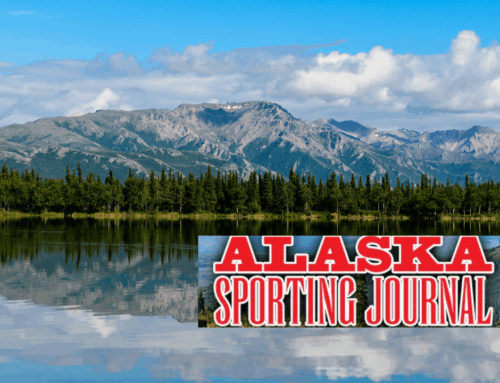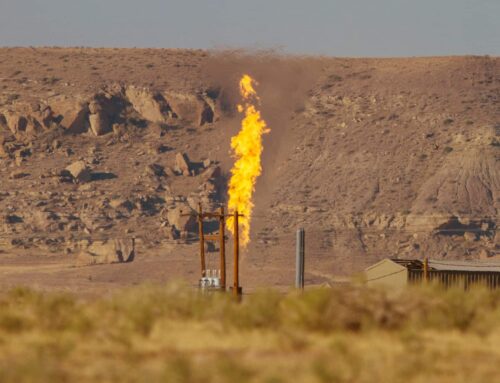In yet another glaring example of Congress rewarding big industries at massive public expense, we're about to renew a subsidy for drilling operations that ruin the lands of western ranchers. To add insult to injury, tax dollars are being spent to encourage business operations that would go on with or without a government incentive.
The subsidy is for drilling coalbed methane, a type of natural gas which is present in coal deposits. Kenneth Lay, the former CEO of Enron, was a huge supporter when the subsidy for coalbed methane began in 1979 to promote “unconventional” fuels and ease America's reliance on foreign oil. Since the early 1980s, production has grown from 100 million cubic feet of natural gas to more than 1.4 trillion cubic feet today. But, despite the increased production, the subsidy has not succeeded in decreasing our foreign oil consumption. According to the Congressional Research Service, the “added gas output has substituted for domestic conventional natural gas rather than imported petroleum.”
The subsidy was built to phase-in and -out as oil prices fluctuated between $23.50 and $29.50 per barrel. The problem is the numbers were tied to inflation, so the price of oil would have to reach $60 a barrel today to trigger a phase-out. Since the price of oil has not risen substantially since 1979, a phase-out is highly unlikely.
The Joint Committee on Taxation predicts that the tax credit will cost taxpayers $2.47 billion over the next 11 years. Given the current and projected deficits, it's money that we can ill-afford to throw away-particularly considering coalbed methane drilling costs are lower and success rates higher than in other areas of the energy industry. With the high market price of natural gas already providing a strong incentive, the absence of this billion-dollar subsidy isn't likely to stop companies from drilling.
But it's more than just the taxpayers' dollars being siphoned away – the process of mining the gas requires groundwater to be pumped to the surface and released. Because land ownership in the west usually only gives the surface rights to the property, those who lease the rights to subsurface minerals from the federal government can do whatever they need to on the surface to gain access. So when the methane is pumped from right under ranchers' fields, the high salinity of the runoff water is killing off the vegetation on which cattle graze. The results can be a death sentence for ranchers' way of life.
In theory, the purpose of a subsidy is to promote an activity, which would not be undertaken otherwise, that produces a public good. The subsidy for coalbed methane development fails to meet either criterion. The tax credit greases the palms of companies that would be drilling anyway and is doing nothing to solve American dependency on foreign oil. Furthermore, destroying a community's livelihood is the exact opposite of a public good.
With such an obviously flawed subsidy proposal in a time of deficit crisis, Congress has two good options: Eliminate the tax credit or fix the provision so the law has the flexibility that was intended in 1979. Either way, the thoughtless subsidies for coalbed methane drilling need to get pumped out of the tax code.










